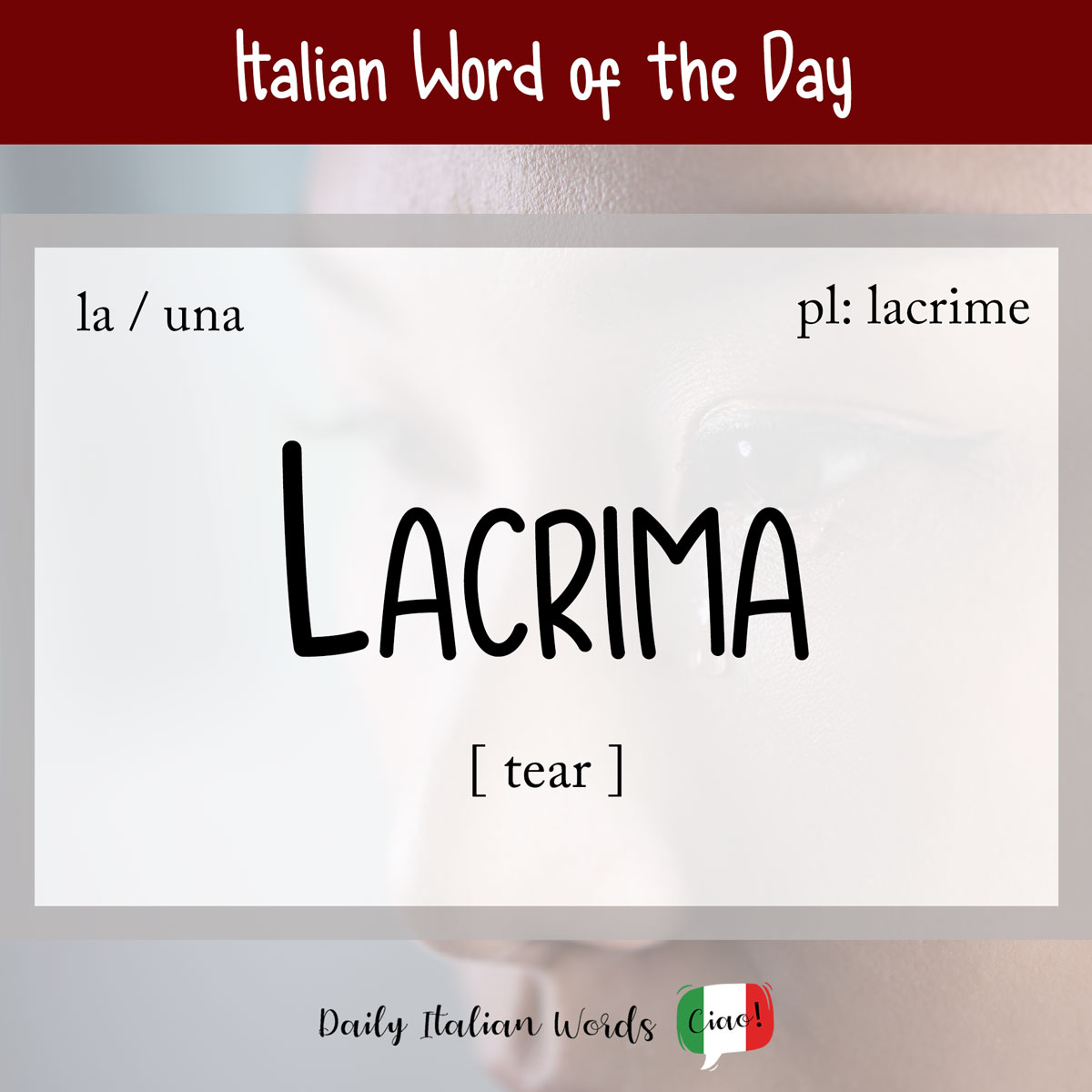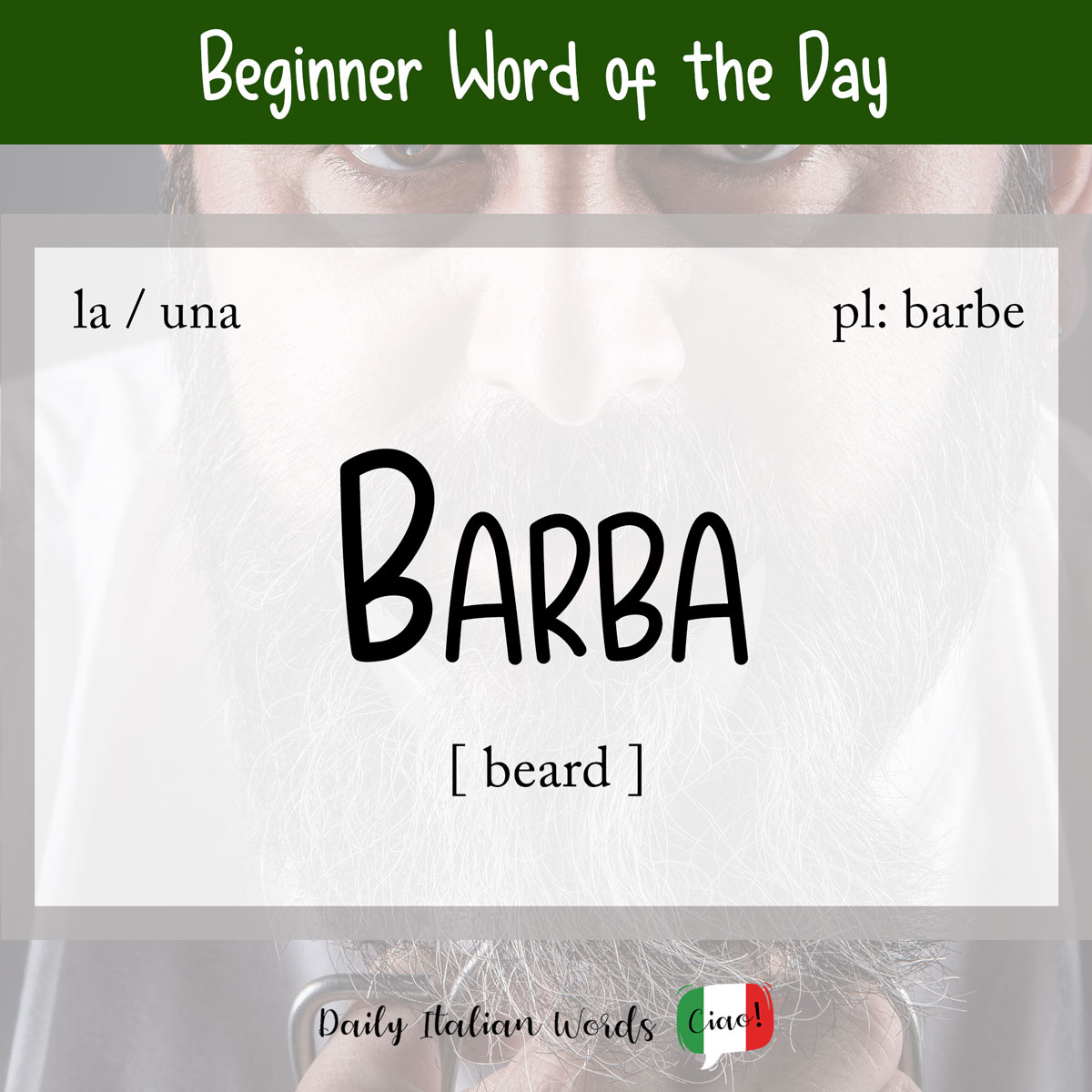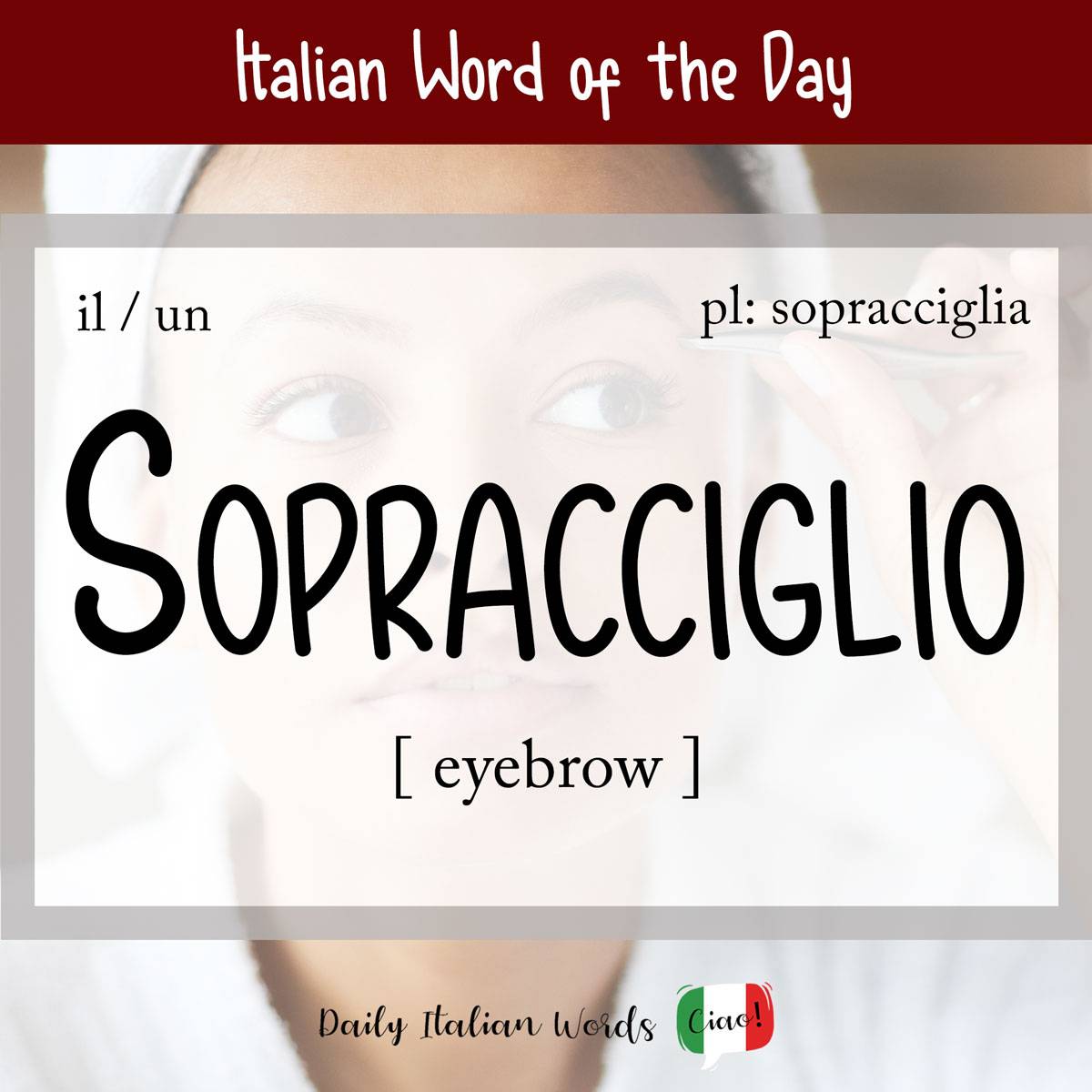Italian Word of the Day: Carponi (on all fours)
The adverb carponi (also written as a carponi or the less common carpone) is how you would say on all fours or on one’s hands and knees in Italian. It is probably connected with the Latin carpere which means to swipe or to pilfer. (a) carponi on all fours Some common verbs you’ll see used …






